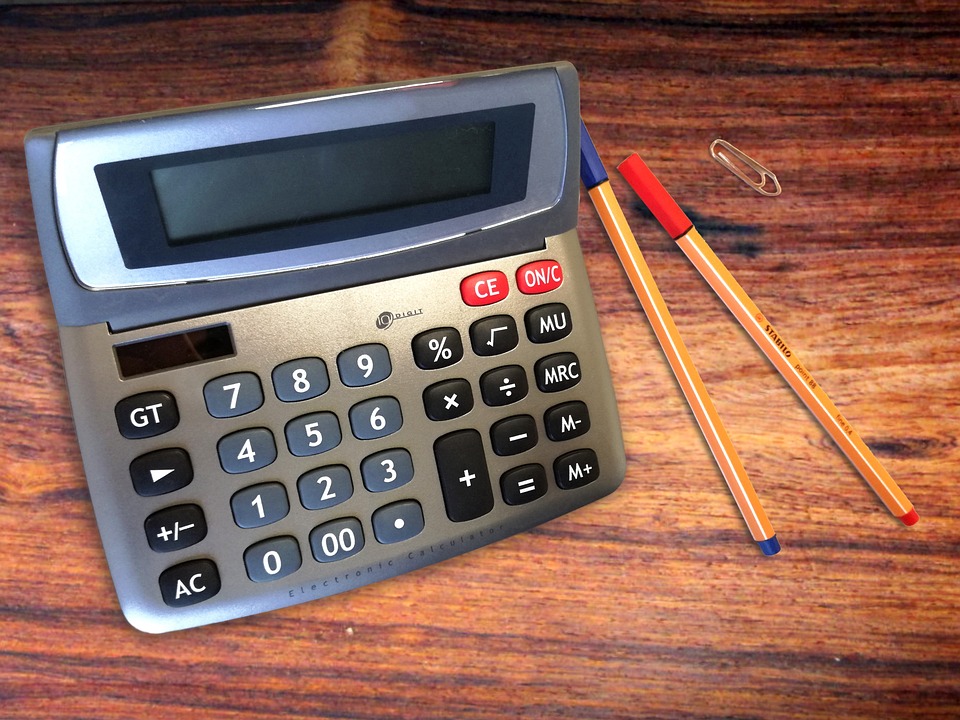
13 Dec My wife is a retired teacher. How is her pension taxed?
Photo: pixabay.comQ. My wife just retired and is receiving a teacher’s pension. In determining the amount to exclude from income, do I use the three-year rule method or simplified method? Or do I just exclude the amount received by using the exclusion amount per the pension exclusion amount threshold for married filing jointly?
— Husband
A. Congratulations on your wife’s retirement.
The pension exclusion can save eligible residents lots of money in taxes.
But teachers and other state employees have an added complication based on how they contributed to the pension.
New Jersey state employees are allowed to exclude New Jersey state pension income until they have recovered their contributions, said Matthew DeFelice, a certified financial planner with U.S. Financial Services in Fairfield.
You should first exclude your wife’s pension in full until her contributions are recovered, he said. For most people this usually occurs within the first three years of retirement — the three-year rule.
“However, if a taxpayer will not recover all personal contributions within 36 months from the date of the first payment from the plan, or if the employer did not contribute to the plan, then the General Rule Method must be used to determine the taxable amount of pension for New Jersey income tax purposes,” he said.
Once she has received an amount equal to her contributions, all payments from the pension plan are fully taxable, along with any IRA, 403(b) distributions or other income sources, subject to certain income thresholds, DeFelice said, noting that these apply to taxpayers age 62 and older.
For taxpayers with gross income of $100,000 or less, the maximum exclusion is $100,000 for joint filers, $75,000 for single filers, and $50,000 for married taxpayers filing a separate return, he said.
For taxpayers with gross income between $100,001 and $125,000, the maximum exclusion is 50% of retirement income for joint filers, 37.5% of retirement income for single filers, and 25% of retirement income for married taxpayers filing a separate return, he said.
And for taxpayers with gross income between $125,001 and $150,000, the maximum exclusion is 25% of retirement income for joint filers, 18.75% of retirement income for single filers, and 12.5% of retirement income for married taxpayers filing a separate return, DeFelice said.
“It should also be noted that taxpayers who did not claim their maximum pension exclusion amount may be able to use the unclaimed amount to exclude other types of income, such as wages, interest, dividends, etc., on their New Jersey tax return,” he said.
You should consider working with a qualified tax preparer to make sure you get it right, he said.
“The cost of a good CPA is an expense worth paying so no costly mistakes are made – at least in the first few years of retirement to be sure you get things right and maximize your tax efficiency,” DeFelice said.
Email your questions to Ask@NJMoneyHelp.com.
This story was originally published on Dec. 13, 2022.
NJMoneyHelp.com presents certain general financial planning principles and advice, but should never be viewed as a substitute for obtaining advice from a personal professional advisor who understands your unique individual circumstances.

